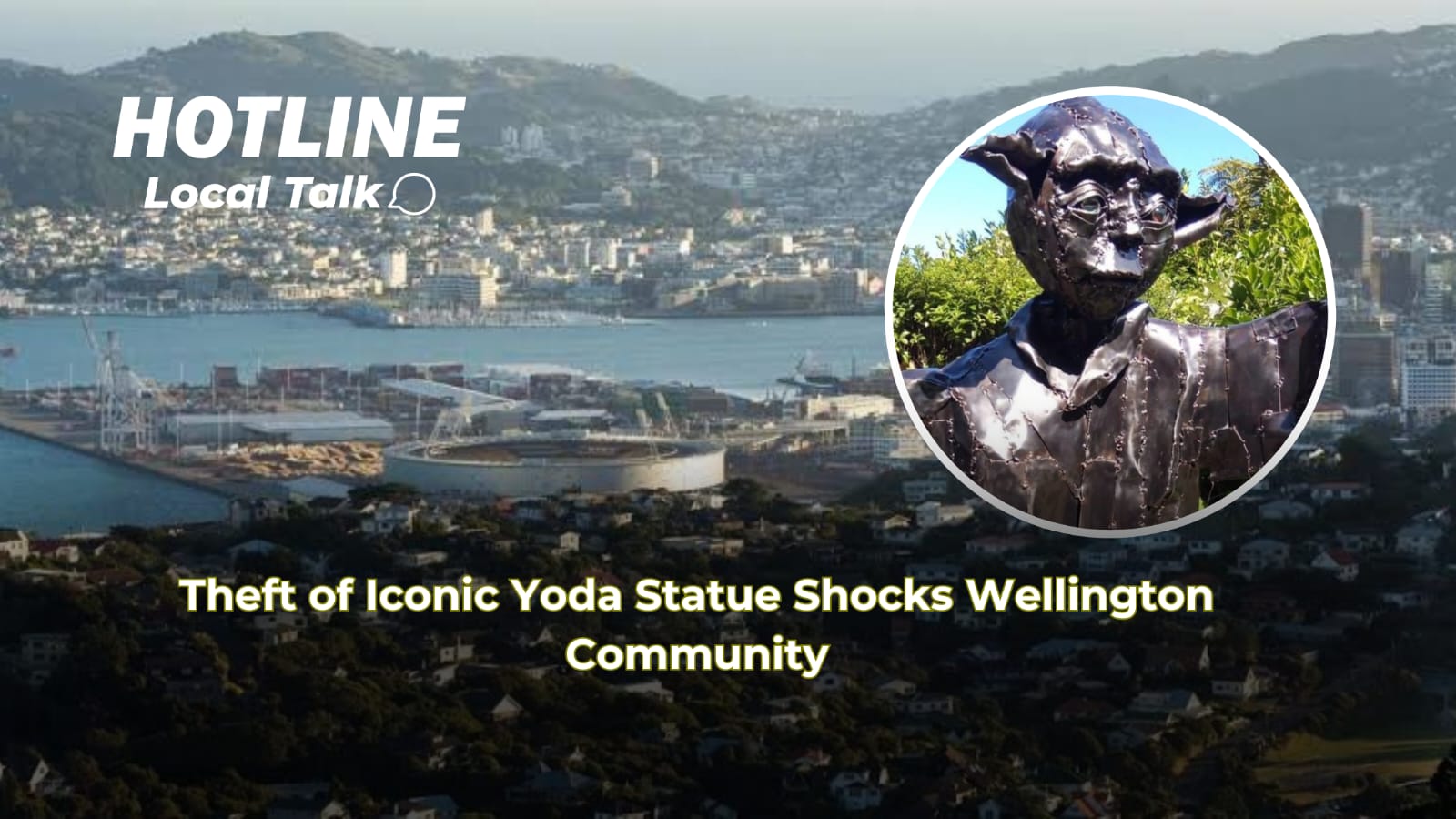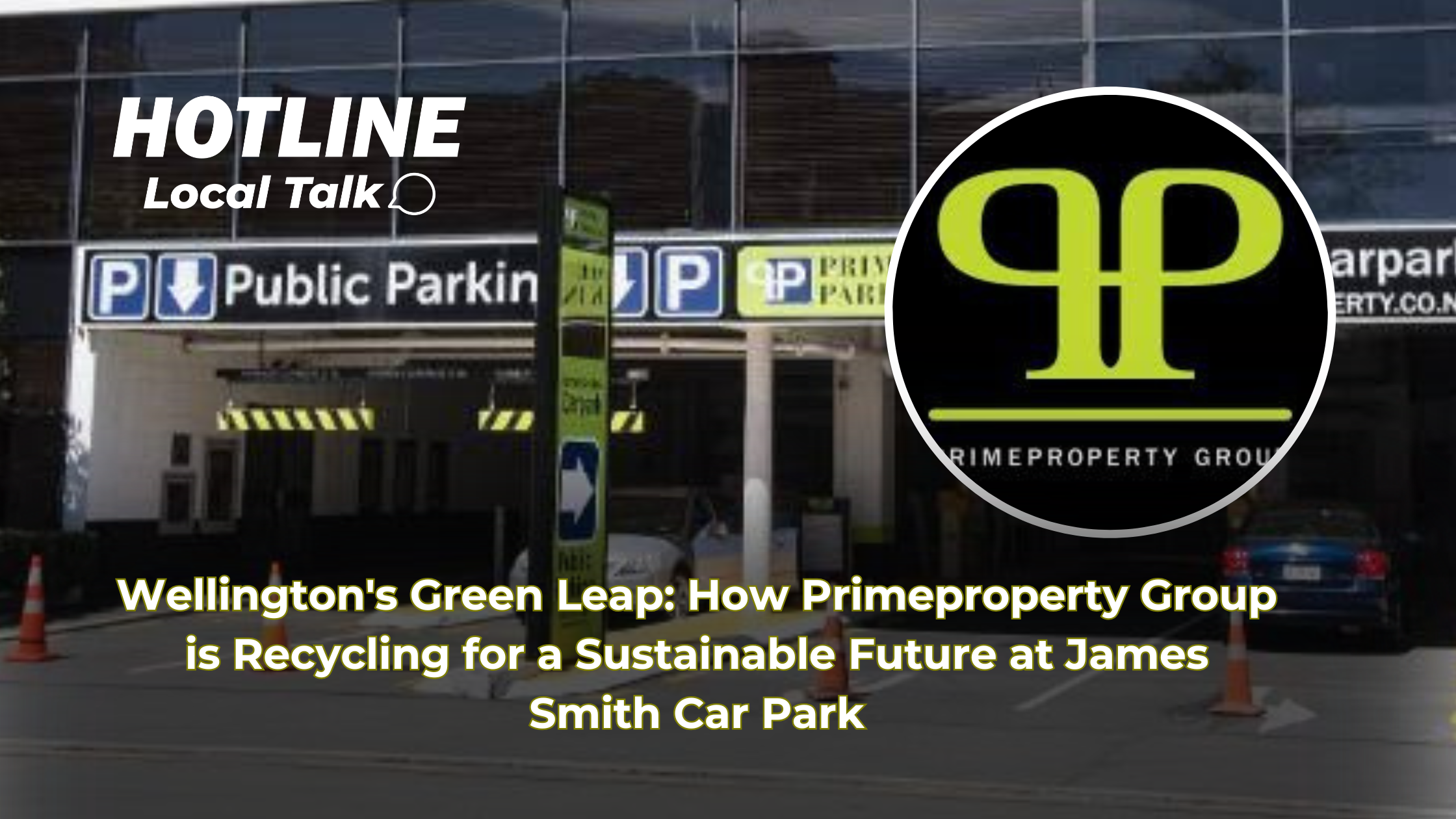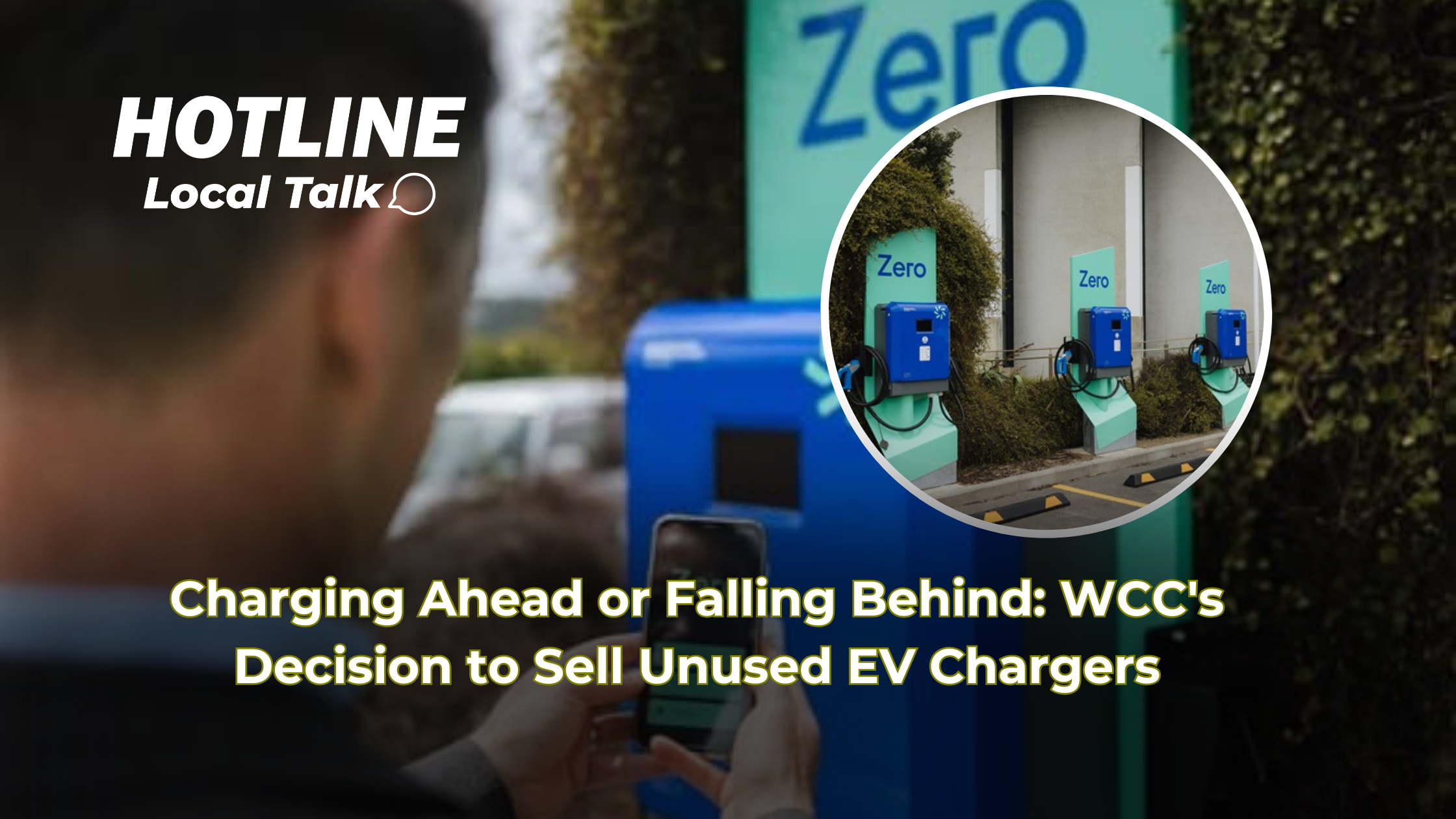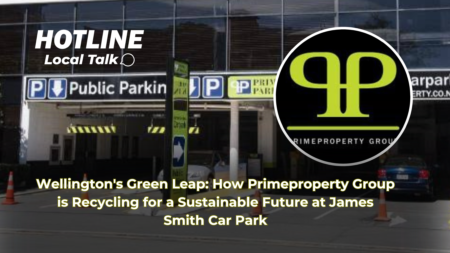Introduction: A Costly Misstep?
In a move that has sparked both debate and scrutiny, the Wellington City Council (WCC) is contemplating the sale of 26 electric vehicle (EV) chargers that have lain dormant in storage for the past five years. This decision comes amidst growing concerns over fiscal responsibility and the effective use of public funds. One Network Wellington Live delves into this contentious issue, exploring the financial implications, public reactions, and what this means for Wellington’s commitment to sustainability. With insights from the Taxpayers’ Union and local council members, we aim to provide a comprehensive look at this situation.
The Background: An Unused Investment
Five years ago, with an eye on promoting green transportation and reducing carbon emissions, WCC invested $3.4 million in purchasing these EV chargers. The intention was noble: to facilitate the transition to electric vehicles by providing accessible charging infrastructure. However, the reality has been far from the vision, with these chargers remaining unused, stored away rather than serving the community.
The Financial Burden
The cost of this initiative has not gone unnoticed. Alex Emes, Communications Officer for the Taxpayers’ Union, has been vocal about the council’s expenditure, stating, “it’s about time for the council to front up and admit guilt.” The $3.4 million spent represents a significant outlay from the public purse, raising questions about the council’s decision-making process and oversight.
Financial Insight: According to a report by the Wellington City Council’s finance department, the annual maintenance cost for storing these chargers, even unused, has been approximately $20,000, adding to the financial burden on ratepayers.
Public Reaction: A Subsidy for the Wealthy?
The decision to potentially sell these chargers has ignited a debate on who benefits from such public investments. Emes argues, “While it is in the interests of Wellington ratepayers to sell off this subsidy for the rich, it is unfortunate that it has come to this point.” This sentiment reflects a broader concern that EV infrastructure, particularly when underutilized, disproportionately benefits those who can afford electric vehicles, often perceived as a luxury.
Community Sentiment
A recent poll conducted by One Network Wellington Live found that 62% of respondents felt that the council’s investment in EV chargers was misguided, with many echoing the sentiment that public funds should not be used to subsidize what is seen as a niche market. Here are some key points from the community feedback:
- 55% believe the money could have been better spent on public transport improvements.
- 45% of respondents were unaware of the existence of these chargers, highlighting a lack of public engagement or awareness.
- 30% expressed concern over the environmental impact of not utilizing the chargers, suggesting a missed opportunity in promoting sustainable transport.
The Council’s Perspective
Wellington City Council has long been aware of the underutilization of these chargers. The decision to sell them now might be seen as an admission of a strategic error. However, council officials argue that the landscape of EV adoption has changed since the initial purchase, with private companies now stepping in to fill the gap left by public initiatives.
Statements from the Council
A Wellington city councillor, speaking on condition of anonymity, supported the sale, stating, “It is nice to see some common sense prevail. This was an outrageous handout for the rich, and selling these chargers is a step towards rectifying that mistake.” This reflects a shift in council policy towards more targeted and effective use of public funds.
Analysis: Lessons Learned
The situation with the EV chargers serves as a case study in public sector investment in emerging technologies. Here are some lessons that can be drawn:
Market Readiness
When WCC made the investment, the market for electric vehicles in Wellington was not as developed as anticipated. Statistics from the New Zealand Transport Agency show that in 2018, EVs made up only 1.8% of the vehicle fleet in Wellington, compared to a national average of 2.1%. By 2023, this had grown to 5.6% in Wellington, indicating a slow but steady increase in demand.
Public Engagement
The lack of public awareness and engagement with the EV charger initiative points to a need for better communication strategies. A study by the University of Wellington suggests that public projects with high community involvement tend to have better uptake and success rates.
Fiscal Responsibility
The Taxpayers’ Union’s criticism highlights the importance of fiscal oversight in public projects. The council’s decision to sell the chargers could be seen as a move towards more responsible spending, aligning with public expectations for transparency and accountability.
Looking Forward: The Future of EV Infrastructure in Wellington
With the decision to sell these chargers, what does the future hold for EV infrastructure in Wellington?
Private Sector Involvement
The rise in private sector involvement in EV charging infrastructure could be beneficial. Companies like ChargeNet and Z Energy have been expanding their networks, with ChargeNet reporting a 30% increase in charging points across New Zealand in the last two years.
Revised Council Strategy
WCC might need to rethink its strategy, focusing on:
- Partnerships with private entities to leverage existing infrastructure.
- Targeted subsidies or incentives for lower-income groups to make EV ownership more equitable.
- Investing in public transport electrification, which has broader community benefits.
Environmental Goals
Despite the setback, Wellington’s commitment to reducing carbon emissions remains strong. The council’s Climate Change Action Plan still targets a significant reduction in transport emissions, with EVs playing a role. However, the approach might shift towards supporting community-wide initiatives rather than individual vehicle ownership.
Conclusion: A Charge Towards Better Governance
The decision by Wellington City Council to sell 26 unused electric vehicle chargers is more than just a financial transaction; it’s a reflection on governance, public spending, and environmental policy. While the initial investment might have been a misstep, the move to sell these assets could mark a turning point towards more prudent and inclusive public spending. As One Network Wellington Live, we will continue to monitor this story, providing updates on the sale process, the council’s future environmental strategies, and how this decision impacts Wellington’s journey towards sustainability. The dialogue around this issue underscores the need for councils to balance innovation with practicality, ensuring that public funds serve the broader community effectively.
CONTRIBUTE
Have stories, yarns, mad scoops, or community news to share. We often pay for awesome content and life shattering stories. What have you witnessed?








